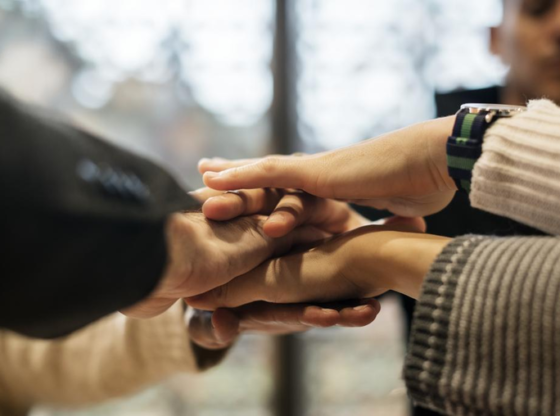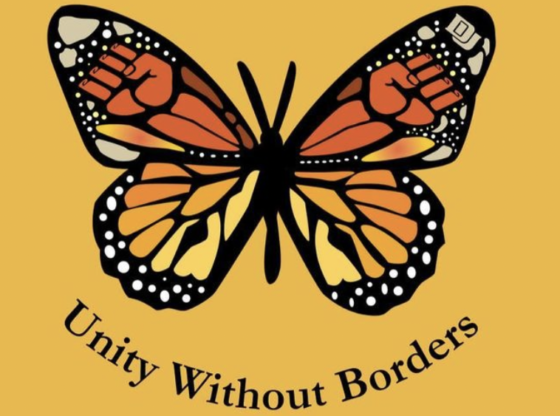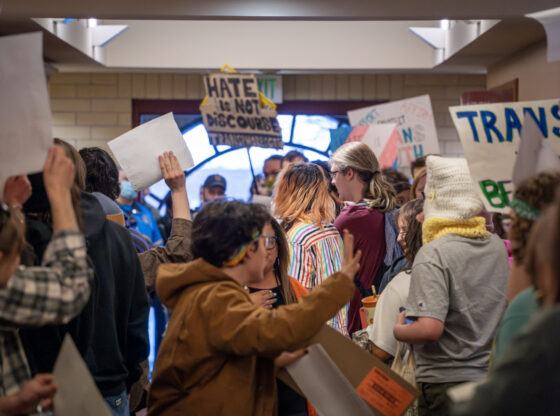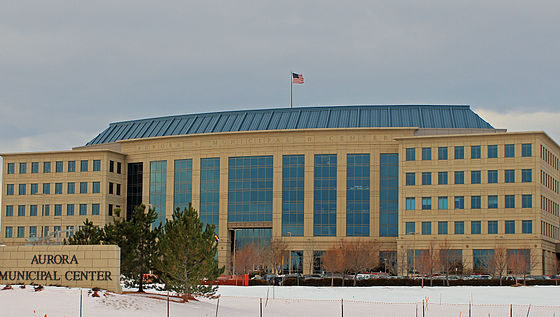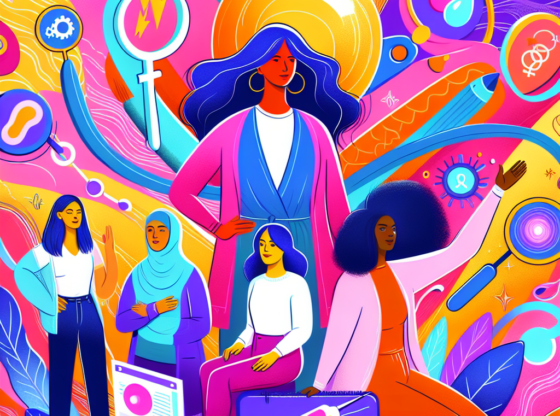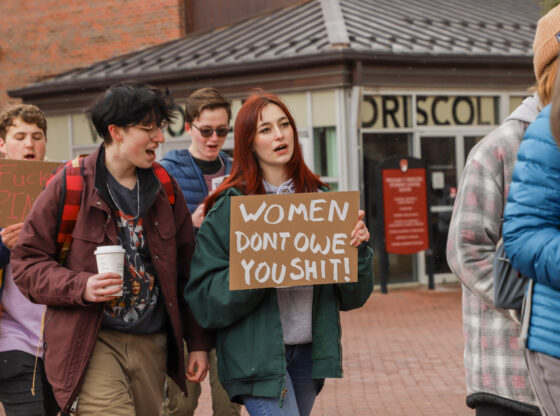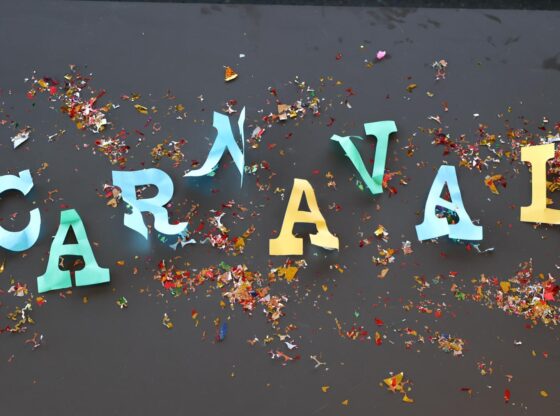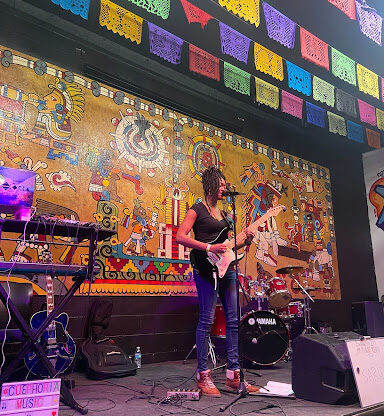This year the Muslim celebration of Ramadan began at sundown on Mar. 10 and lasted until sundown on Apr. 9, marking the ninth month of the Islamic calendar, a holy period to practice worship and demonstrate faith in Allah.
During this month, it is believed that the Muslim community across the world is brought closer to God by practicing self-control through taking part in daily water and food fast from sunrise to sunset. Fasting during Ramadan not only demonstrates holistic devotion, but also spiritual improvement and growth in moral excellence.
Ramadan isn’t only about fasting, but also a period to dedicate extra time to reading the Qur’an and special prayers. The end of Ramadan is marked by Eid al-Fitr, a two-day festival of the breaking of the fast, celebrated this year on April 9 and 10.
Third-year Muslim student, Sahra Mohamed, emphasizes that Ramadan isn’t only about connecting and emphasizing her faith, but also building community with other Muslims.
“First and foremost [it] is a period of time where I can get close to God, my spirituality, and my faith. Beyond my faith, it’s a time to connect with other Muslim people and develop relationships and use those relationships to worship God together,” said Mohamed.
Nana Nakayiza, a second-year student, agreed that Ramadan primarily is meant to grow one’s faith and devotion, but is also a very valuable time to build cultural unity.
“It’s a time in which an individual looks within themself and recognizes the ways in which they are privileged. That reflection leads to sympathy which pushes for more communal care, especially in the individualistic environment we exist in. Ramadan reinforces the concept of community,” said Nakayiza.
Community building was an extremely significant component of Ramadan at DU this year, with events being hosted by the Muslim Student Association (MSA), the Middle Eastern Student Association (MESA), the Cultural Center and the Korbel School of International Studies.
Every Friday, except during Spring break, these organizations collaborated to host Iftar on campus, a feast marking the end of the day’s fasting once the sun sets. In addition, MSA hosted a variety of worship-based events oriented toward Muslim students and aimed to host educational events to build awareness about Islam among non-Muslim students.
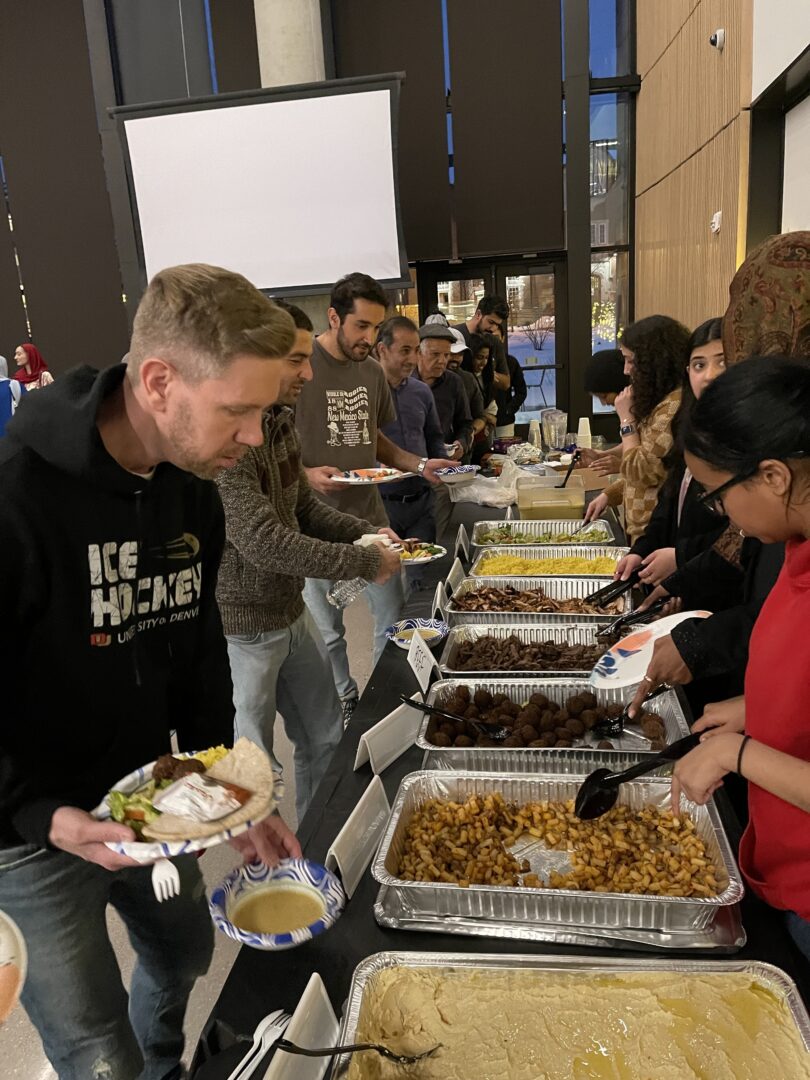
On Friday, Apr. 5, MSA hosted an Iftar/pre-Eid celebration, enjoyed by many of MSA’s almost 100 members and other community members. They decided to host this event prior to Eid because many students planned to go home and spend the holiday with family.
“We had an Iftar/Eid celebration which was really fun because we got to have one last group meal together because Eid is also a time for people to celebrate with their families and friends, so I’m glad we had the space and time to do that outside school,” said Mohamed.
Higher administration at DU dedicated seven rooms across campus as prayer spaces during Ramadan, containing fridges stocked with dates and milk, a traditional way for breaking fast at sunset. Small fliers were also placed around campus to educate students on what Ramadan is and its significance. The school also mentioned the start of Ramadan in a mass email with additional information, though this was sent two days after the start of the holy month.
Although the administration has made these small efforts to educate non-Muslim students on Ramadan, Mohamed and Nakayiza both expressed that they wish the administration had put more effort into educating students so that it wasn’t entirely up to Muslim students to do so.
Mohamed is MSA’s social media chair and works hard to get students involved with the student group. She was satisfied with the turnout of events overall, though she does see room for improvement.
“There definitely is a lot of ignorance which I definitely approach with an open mind because I do realize that especially in the West, I am a minority and a lot of people are just genuinely uneducated and some people don’t mean to be bigoted. So I try to give people grace and I’m always willing to answer people’s questions,” said Mohamed.
Nakayiza sees hope for non-Muslim students on campus to learn through MSA and individual Muslim students willing to make an effort to educate members of the community, though she says that the administration should be more accountable for educating students about Ramadan.
“The Muslim community at DU is very kind and active when it comes to being inclusive and creating connections of all sorts… In the future, people will be knowledgeable about Muslim practices and that will lift off some weight from the shoulders of Muslim students who always have to explain their religious practices. As Muslim students, we love to inform others about our religion, but it’s very difficult to spend so much time every year explaining how our practice is exercised. Out of respect, they too should be aware of the super early mornings, the late nights, the quiet hours, and the discipline the month brings. Being aware of the holy month is the least DU students could do to support their Muslim peers,” said Nakayiza.
Despite the expressed desire for more education from the administration, Mohamed feels that support from higher-ups for the month’s festivities has improved significantly over the years she has been at DU. Mohamed also expressed that although she is a minority as a hijabi at DU, which is a predominantly white institution (PWI), she feels supported and welcomed expressing herself how she feels most comfortable.
“I feel comfortable dressing as I do on campus and I feel like people treat me well. I have been very fortunate because I’ve spoken to other Muslims who don’t have the same experience as I do. So I’ve had a really positive experience at DU as a visible Muslim,” said Mohamed.
Mohamed feeling comfortable on campus as a hijabi is made possible by students taking initiative to understand Islam and the reasons why she practices her religion the way she does.
“[When] we actually have a conversation about it and I see them implement it into our friendships it makes me feel safe to be my most outwardly authentic self,” said Mohamed.
In addition to feeling welcomed and accepted in her identity, Mohamed expressed satisfaction with flexibility and understanding from professors about missing class and asking for extensions. Ramadan began this year during winter quarter finals week at DU, posing an additional challenge for Muslim students balancing their academics, faith and social life.
“[I appreciate] professors just taking the tiniest bit of initiative to grant their Muslim students more grace during that time because it is a really, really hard time. I think that [reaching out] is a good step in terms of what administrators and professors could do for their students,” said Mohamed.
Though the support of Muslim students from professors is significant and much appreciated by students, there have been criticisms of administration support such as the boxed meal program and halal dining hall food in general.
Nakayiza spoke about her experience trying to get to-go food from the dining hall during Ramadan, which was challenging because of her work schedule, allergies and poor dining hall organization.
“During this holy month, I’ve spent a lot of my own money on food even though I have a meal plan with the school. The limited options in the dining hall also made it difficult because there is no longer a singular station that’s kosher/halal… My biggest fear in the dining hall is cross-contamination,” said Nakayiza.
While Muslim students on campus reported sincerely enjoying their Ramadan at DU, they attributed this mainly to MSA and other diverse campus organizations. Meanwhile, they called attention to the need for more just dining hall options and emphasized the importance of directing funding towards affinity groups like MSA to support these growing communities.
“The funding is very necessary to upkeep and accommodate a growing Muslim population on campus because there are a lot more [Muslim students] than my Freshman year,” said Mohamed.
To keep up with MSA and MESA’s upcoming events, be sure to check out their Instagrams and Crimson Connect pages.


